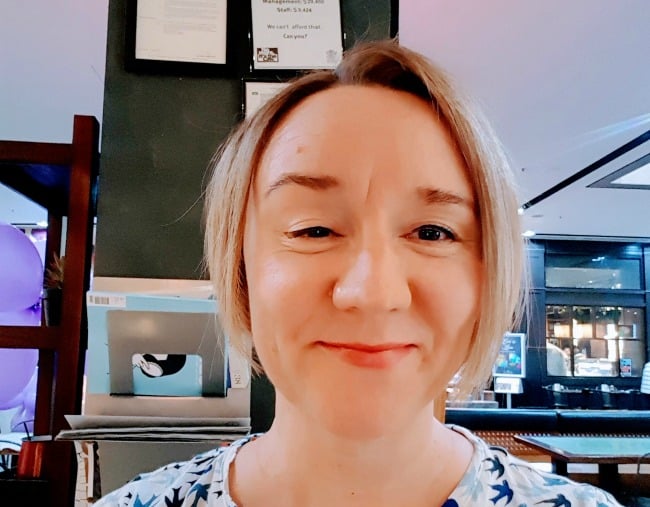
Have you ever heard or seen a word or phrase that made you feel intensely uncomfortable with who you are?
Until about eight years ago, I had never been on the receiving end of discriminatory language. And yet it managed to find a way into my white, straight, agnostic, charmed life. The first time it happened, I was walking through a shopping centre. The words assaulted me suddenly, shook the breath out of me: ‘PSYCHO BITCH’ emblazoned on a woman’s black T-shirt in hot pink. They wobbled with her breasts as she walked.
I felt like I was going to be sick. Heat rushed into my face. I had only just recovered from a psychotic episode. Suddenly, the word ‘Psycho’ was embedded in my brain. Was it short for psychotic? Psychopathic? It didn’t matter. All I knew was that the word ‘Psycho’ was inextricably linked to the word ‘Bitch’. And that meant I was a Psycho Bitch.
Derogatory language to describe mental illness is age-old and entrenched deeply in our everyday conversations. Words like ‘the nut house’, ‘the psycho ward’, ‘going mental’ ‘committing suicide’ ‘going schizo’. The list goes on: nuts, loony, loony bin, screw loose, bonkers, nutcase, nutter, off their rocker, basket case, whack job, lunatic, cuckoo… I could keep going, but I try and work to a word limit.
Even needing an appointment with a psychiatrist or psychologist is often joked about. This language, and the way we use it, insidiously perpetuates stigma surrounding mental illness and mental health care. The words are often used humorously, which minimises and even completely sweeps aside the suffering experienced by people who have a mental illness. Or they are used in an openly derogatory manner to express distaste or disgust.




























































































